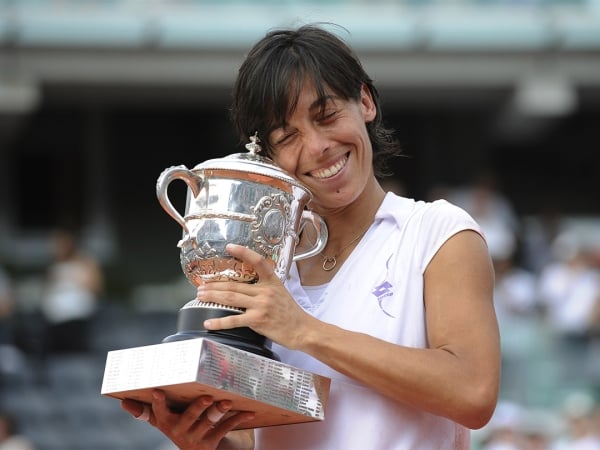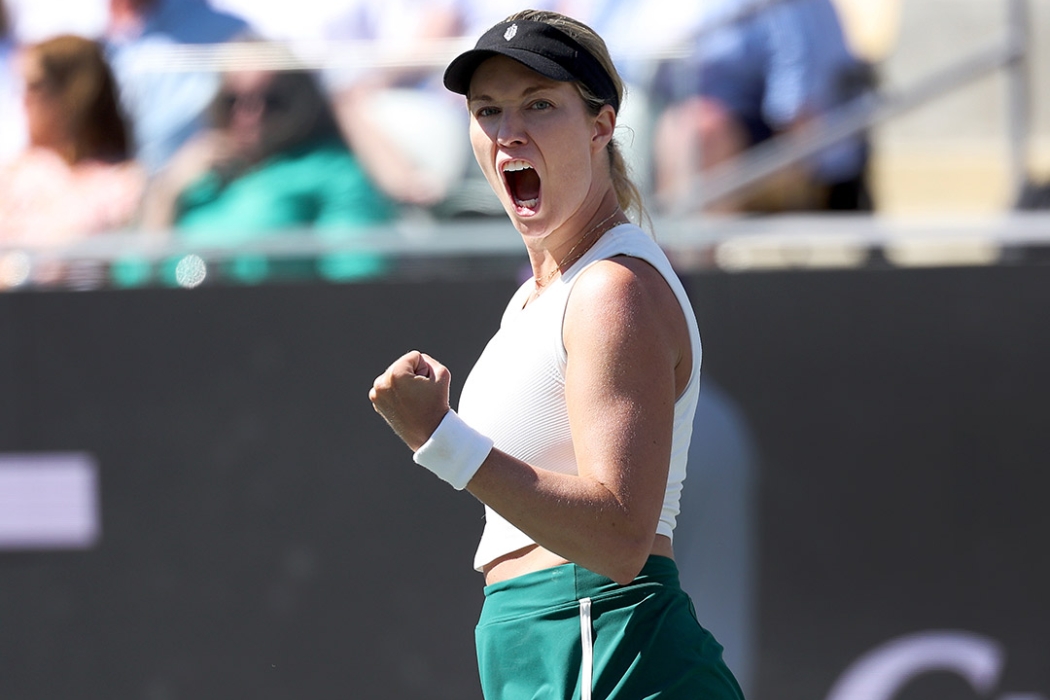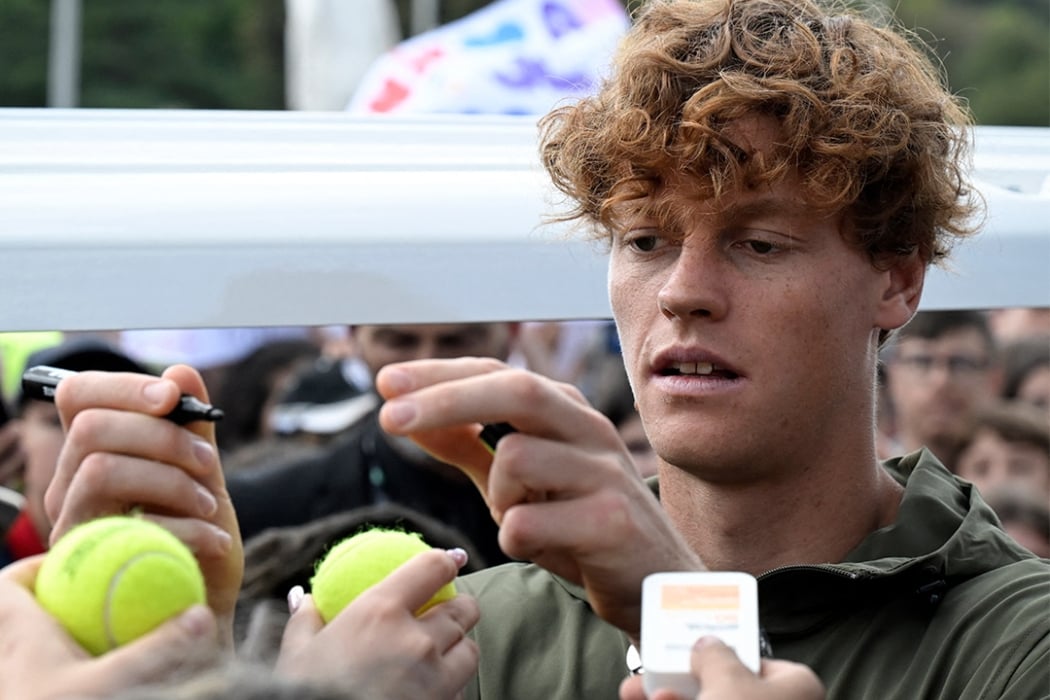Fourteen years ago, Francesca Schiavone became Italy’s first women’s Grand Slam singles champion with a stunning display in the 2010 Roland Garros final against Sam Stosur.
It was the culmination of a dream, and the continuation of an excellent record on clay, a surface on which she developed her game as a child.
Schiavone almost went back-to-back in Paris; she also reached the 2011 final before losing to Li Na. Seven times she reached the second week at Roland Garros, finishing her career with a 40-17 win-loss record at the tournament.
In an interview on The Sit-Down podcast this week, Schiavone, a former world No.4, recalled how her Parisian dream materialised, and how she went about achieving it.
"Between (the age of) 17, 18 I went to my mental coach, Giovanni. He ask me: ‘What do you want to do in your life? What's your goal? What do you have in your heart?’ And I say: ‘I want to win Roland Garros, and I want to become top 10 in the world’,” explained Schiavone, who cracked the top 10 after winning in Paris to achieve both goals at once.
"That was the key for me, to work and to reach the goal that I dreamed.
LISTEN: Francesca Schiavone on The Sit-Down
"After several times that I played Roland Garros, I arrived in a moment, 2007, 2008 and '09. I was close, not by results, but I felt that that one was my tournament.
“In 2009 I played good, but something was missing.”
That result in 2009 was a first-round defeat to none other than Stosur, who went on to reach the semifinals – then her best Grand Slam singles result.
Twelve months later, Stosur was at the peak of her powers on clay. She stormed to the Charleston title, then produced an extraordinary run of form at Roland Garros, upstaging Justine Henin, Serena Williams and Jelena Jankovic to reach her first major singles final.
Yet the stars were aligning for Schiavone, who had enjoyed excellent preparation for the season.
READ MORE: Swiatek seeking to emulate Roland Garros greats
A comparative veteran at 29 years of age, Schiavone confessed that her growth “was a little bit slower than others”.
"When I arrived in 2010 in Roland Garros, and I won the first round 6-4 in the third (over Regina Kulikova). I say: ‘Oh my god, I think something is happening to me’. Because I played very bad, and I could win. That's a very good step for a champion,” Schiavone said.
"And then second round, I played amazing. So something was changing; physically I felt very good. My team was in good balance. Many things together were attached.”
Schiavone then beat a succession of quality opponents – Li, Maria Kirilenko, Caroline Wozniacki and Elena Dementieva – to arrive in her first major final.
It was overwhelming.
"Before the final, I felt very scared. I cried I think from eight in the morning, until noon. I couldn't stop,” she revealed.
A pep-talk from her mental coach proved crucial. He told her that if she didn’t feel good, she shouldn’t play. Tennis was a game, something to be enjoyed; if she couldn’t enjoy it, she could abandon the match.
He left Schiavone alone with this decision, one both monumental yet reassuring.
“You can see the dream (to win Roland Garros as) amazing, fantastic. (Alternatively) we are close to reach, you can see it, that is heavy. Just depends how you see this, how you feel it,” she said.

“Then in a moment I say, ‘I'm leaving this one, that is heavy’. It takes hours to take this one, throw away, and to live this moment like the present. Like, wow, thanks God that you give me this opportunity and I arrive there with my potential, with my power.
“So if I arrived there, why not to go to play and win?”
Schaivone went out and played one of the matches of her life.
READ MORE: Djokovic, Sinner to battle for No.1 ranking at Roland Garros
And she confronted an opponent who, while favoured to win, was also dealing with the magnitude of the occasion as she debuted in a Grand Slam final.
"Sam was a fantastic athlete. I love Sam, like person, like athlete. Very big example for everybody. But I felt that she was very tight,” Schiavone recalled.
“When I was playing in correct spot, she couldn't defend very good. And when I was missing, and she had the opportunity, she was not coming against me very strong, like usually she was doing. And I say: ‘something is happening’.
Schiavone was so completely focused – almost as if in a bubble – that she did not even notice her team, or the 15,000 fans watching, until midway through the second set.
"(At 3-4) I saw the stadium for the first time. In that moment, I understand many things, that I was there, that it was right place, that it was my moment,” said Schiavone, who ultimately triumphed 6-4 7-6(2).
“Doesn't matter win or lose, you have to give everything that you have. And I was playing always better, and better, and better.
"(At match point) there was anxiety, there was enjoying that if I do this point, I can win. Everything was together, it was fluid.
“When you give opportunity to yourself, you already win something. And in that moment I learned this thing, that I could win.”

